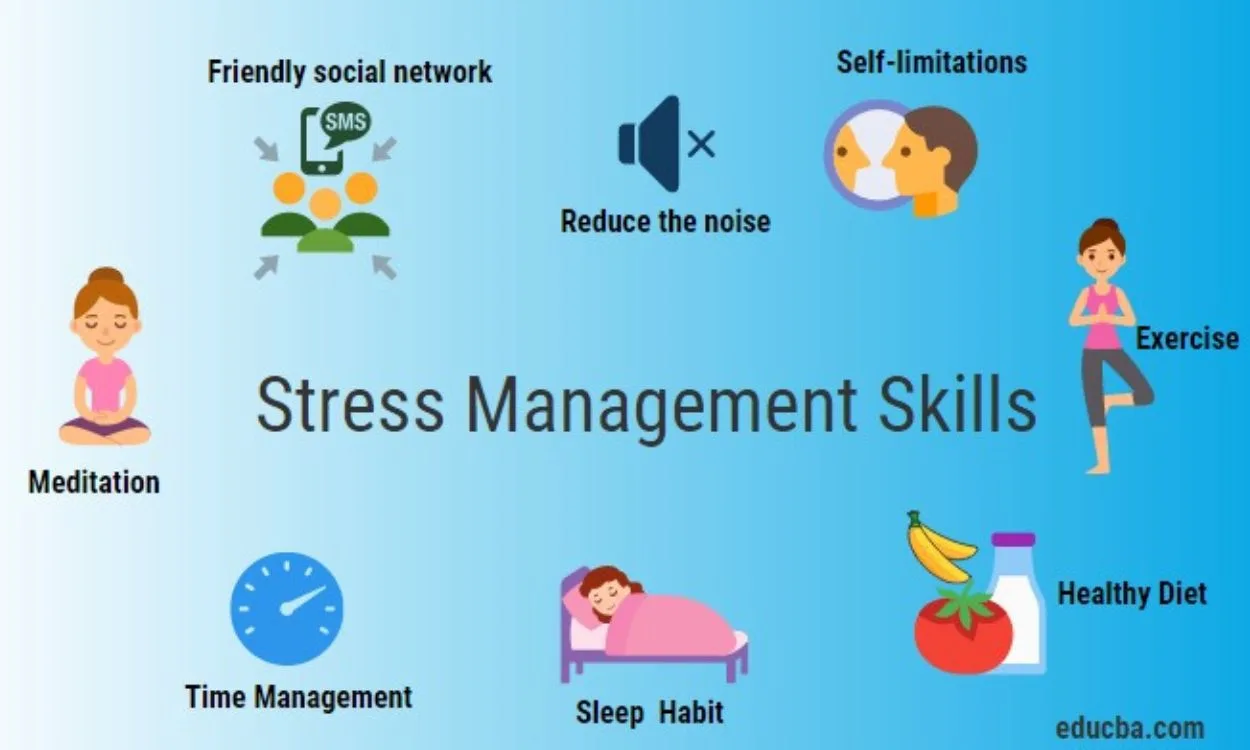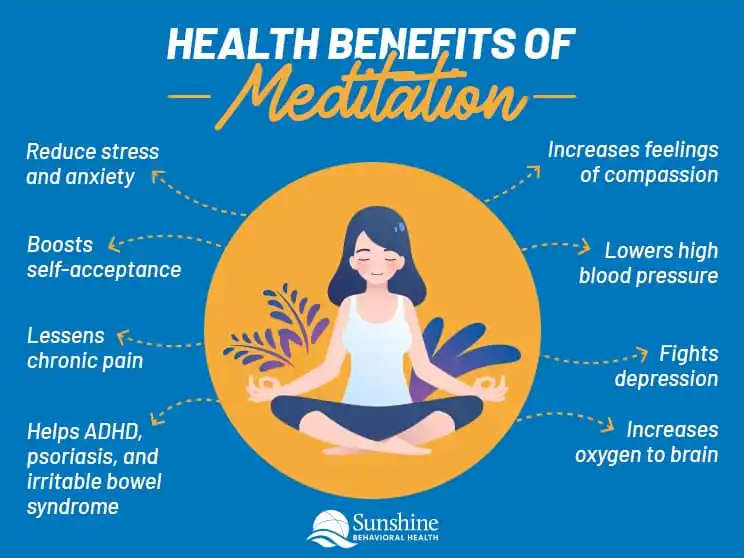The Alarming Consequences of Sleep Deprivation
Mia Wilson

Photo: The Alarming Consequences of Sleep Deprivation
The Alarming Consequences of Sleep Deprivation
Sleep is a fundamental biological need, essential for maintaining physical health, mental clarity, and emotional well-being. Despite its importance, many people around the world suffer from chronic sleep deprivation due to demanding lifestyles, work pressures, and poor sleep hygiene. The consequences of insufficient sleep extend far beyond mere tiredness, affecting everything from brain function to long-term health risks. This article delves into the alarming outcomes of sleep deprivation and offers insights into how you can improve your sleep quality.
What is Sleep Deprivation?
Sleep deprivation refers to a state in which an individual consistently gets less sleep than their body needs. While the exact amount of sleep required varies by age and individual factors, experts generally recommend 7 to 9 hours of sleep per night for adults. Chronic sleep deprivation occurs when a person habitually gets fewer than the recommended hours of sleep, leading to a cumulative sleep deficit that impairs daily functioning.
Sleep deprivation can be categorized into two types:
- Acute Sleep Deprivation: Short-term lack of sleep, usually lasting a few days.
- Chronic Sleep Deprivation: Persistent insufficient sleep over weeks or months.
Both forms can result in serious health implications, but chronic sleep deprivation poses greater risks to overall well-being.
The Impact of Sleep Deprivation on Physical Health
1. Weakened Immune System
Adequate sleep is crucial for a robust immune system. During sleep, the body produces cytokines, proteins that help combat infections and inflammation. Sleep deprivation reduces cytokine production, making individuals more susceptible to illnesses such as the common cold and flu.
2. Increased Risk of Heart Disease
Multiple studies have linked sleep deprivation to cardiovascular problems, including high blood pressure, heart attack, and stroke. Poor sleep disrupts the body’s stress response, causing elevated cortisol levels, which can lead to inflammation and damage to blood vessels.
3. Weight Gain and Obesity
Sleep deprivation alters the balance of hormones that regulate appetite, namely ghrelin and leptin. Ghrelin, which stimulates hunger, increases, while leptin, which signals satiety, decreases. As a result, individuals who don’t get enough sleep often experience increased cravings and tend to overeat, contributing to weight gain.
Cognitive Consequences of Sleep Deprivation
1. Impaired Memory and Learning
Sleep plays a vital role in consolidating memories and processing information. When you sleep, your brain strengthens neural connections formed during the day. Lack of sleep hampers this process, leading to poor memory retention and difficulty learning new skills.
2. Reduced Concentration and Productivity
A sleep-deprived brain struggles to focus and process information efficiently. This diminished cognitive function can severely impact productivity at work or school. In fact, research suggests that operating on minimal sleep is akin to functioning with a blood alcohol level of 0.08%, the legal limit for driving in many countries.
3. Mood Disorders
Sleep deprivation significantly affects emotional regulation. Chronic lack of sleep has been linked to an increased risk of anxiety, depression, and irritability. It also reduces the brain’s ability to cope with stress, exacerbating existing mental health issues.
Long-Term Health Risks of Chronic Sleep Deprivation
1. Diabetes and Metabolic Disorders
Sleep deprivation interferes with the body’s ability to regulate blood sugar, increasing insulin resistance a key factor in the development of type 2 diabetes. Poor sleep also disrupts metabolism, raising the risk of metabolic syndrome, which includes a cluster of conditions such as high blood pressure, high cholesterol, and abdominal fat.
2. Neurological Degeneration
Long-term sleep deprivation has been associated with an increased risk of neurodegenerative diseases, including Alzheimer’s. During deep sleep, the brain clears out toxic waste products, such as beta-amyloid, a protein linked to Alzheimer’s disease. Insufficient sleep reduces the brain’s ability to perform this essential function.
3. Reduced Life Expectancy
Studies have shown that chronic sleep deprivation can lead to a shorter lifespan. Sleep is vital for cellular repair and overall homeostasis. Without enough rest, the body cannot maintain its optimal state, leading to premature aging and increased mortality risk.
How to Improve Sleep Quality
Improving sleep quality requires adopting healthy sleep habits and creating an environment conducive to rest. Here are some tips:
- Establish a Consistent Sleep Schedule Go to bed and wake up at the same time every day, even on weekends. This helps regulate your body’s internal clock.
- Create a Relaxing Bedtime Routine Engage in calming activities before bed, such as reading, meditating, or taking a warm bath. Avoid stimulating activities like watching TV or using smartphones.
- Optimize Your Sleep Environment Ensure your bedroom is dark, quiet, and cool. Invest in a comfortable mattress and pillows, and consider using blackout curtains or a white noise machine.
- Limit Caffeine and Alcohol Intake Avoid consuming caffeine or alcohol close to bedtime. Both substances can interfere with your ability to fall asleep and stay asleep.
- Exercise Regularly Physical activity promotes better sleep, but try to finish your workout at least a few hours before bedtime to prevent overstimulation.
Conclusion
The consequences of sleep deprivation are far-reaching, affecting physical health, mental well-being, and overall quality of life. While occasional sleepless nights may be inevitable, chronic sleep deprivation should not be ignored. Prioritizing sleep by adopting good sleep hygiene and making necessary lifestyle changes can significantly improve both short-term functioning and long-term health outcomes. Remember, sleep is not a luxury it’s a biological necessity that deserves attention and care.
By understanding the serious repercussions of inadequate sleep, we can take proactive steps to safeguard our health and enhance our daily lives. If you are struggling with persistent sleep issues, consider consulting a healthcare professional to identify underlying causes and receive appropriate treatment.
For You
View AllCompare synthetic fuel and diesel to understand their benefits, drawbacks, and environmental impact. Find the best option!
Mia Wilson
Discover actionable steps to start a small business and ensure its success. Click for expert tips and insights!
Mia Wilson
Learn what money supply is and how it influences inflation and economic growth. Click for key insights!
Mia Wilson
Discover effective strategies to protect your VPS from cyber threats.
Mia Wilson
Explore the steps to becoming a special education teacher and making a difference in students’ lives. Start today!
Mia Wilson
Understand macronutrients and micronutrients to optimize your diet. Learn the differences now!
Mia Wilson
Health










Education
View All
April 19, 2025
What Is Higher Education?
Understand higher education, its benefits, and how it shapes future opportunities. Explore your potential now!

April 18, 2025
What Is Special Education?
Dive into special education, its purpose, and how it supports students with unique needs. Learn how it changes lives!

April 30, 2025
How Important Is Technology in Education?
Explore how technology is revolutionizing education, enhancing learning, and creating future-ready skills. Learn more today!





